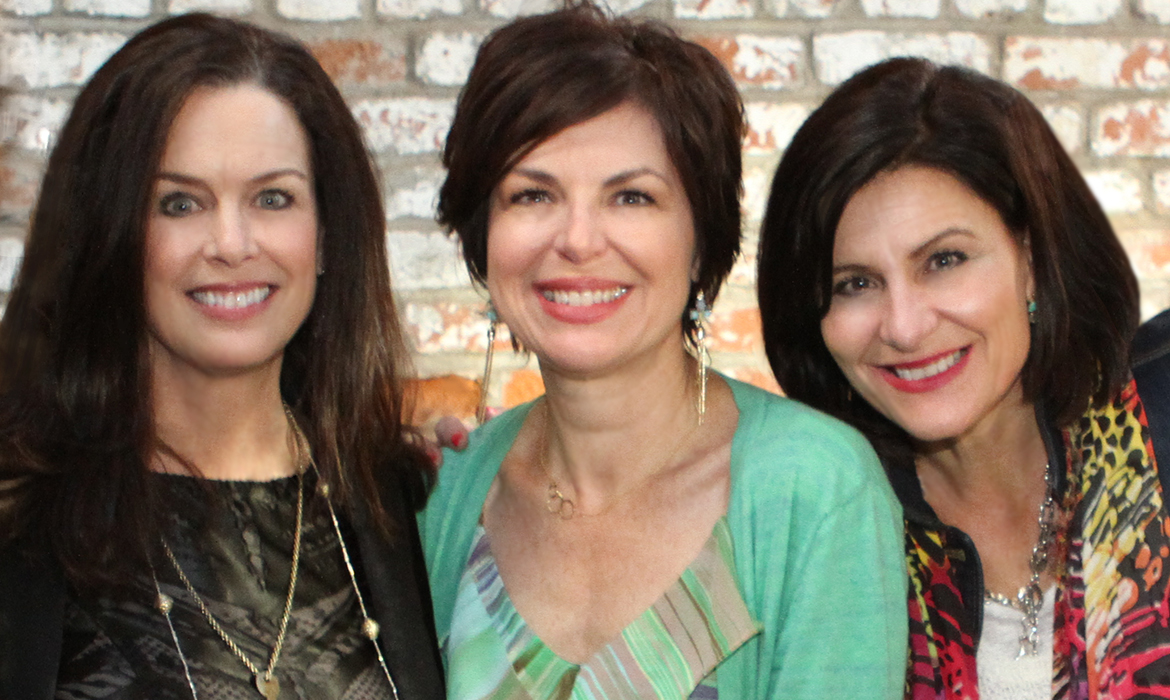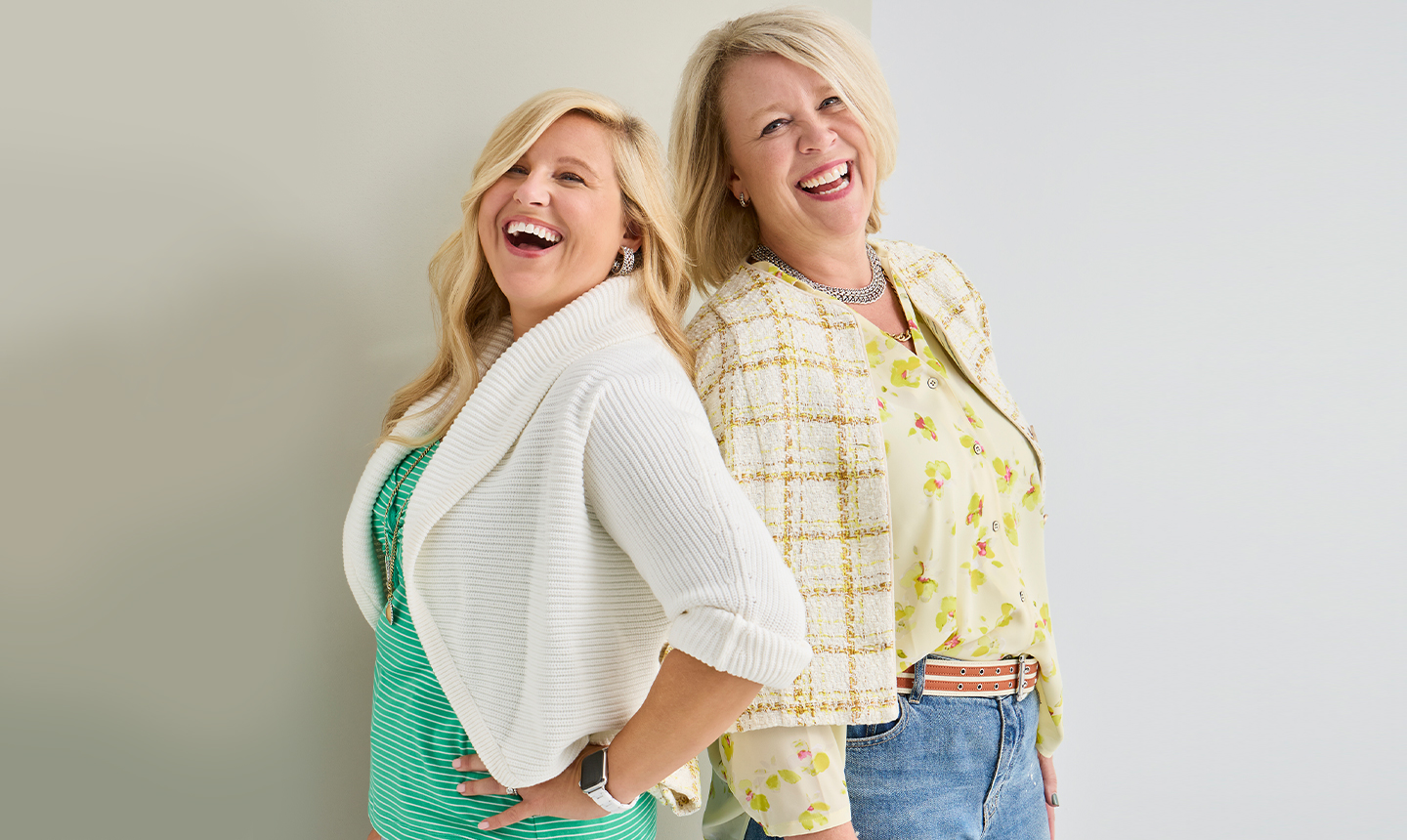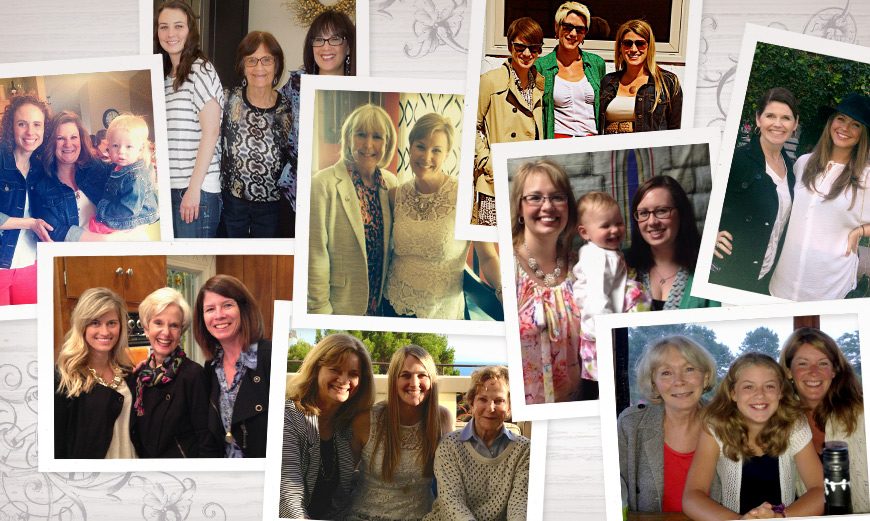Scientifically speaking, when we don’t take time to stop all the incoming noise to reflect and think deeply, we are rewiring our brains in a way that literally minimizes our ability to engage in deep thought. Nicolas Carr makes a strong case for how our modern world is chipping away at our capacity for concentration and contemplation. It is not difficult to extrapolate the eventual impact on our wellbeing and the potential for compromising our mental faculties as we get older. But more than protecting our grey matter into our later years, there is an even more compelling reason to take time to read, think, and discuss meaningful ideas with others.
Consider this: a society that no longer understands the complexity and depth of compassion and empathy. According to Antonio Damasio, Director of USC’s Brain and Creativity Institute, we need time and open space to comprehend and experience these things, and when the stimuli of our days are coming at us so fast, it is very difficult to truly take in and be touched by the emotions of other people. The truth is that without having diurnal brain space, we can go increasingly adrift as an individual—and eventually as a whole society, as we are unable to engage with one another empathetically. There has to be time carved into every day when we are not trying to “lean in,” but rather to lean back, read, think, discuss, meditate, pray, and deeply consider others. There is great danger in training our brains to flit from one thing to the next that we undermine our ability to care deeply for those around us.
On the days I am fearful that we are becoming an unthinking, uncompassionate, meandering culture, I am encouraged whenever I spend time with the many women in my life, because I see a force to be reckoned with—I see Women “On Purpose.” I swell with hope whenever I experience these brilliant women, not stagnating in shallow, reactionary living, but intentionally diving into deep waters, centering their days on bold pursuits, waking up day after day with a mind set deliberately on a purpose bigger than themselves.
How about you? Would you join this dialogue and encourage one another to be Women “On Purpose”? We just might create a whole new movement … we just might have an impact on our culture. What are some choices you’ve made, or could start to make, to help your mind—as well as your compassion and empathy—be enlarged?
For additional reading on this subject, you might enjoy A Real Life by Ferenc Máté.





